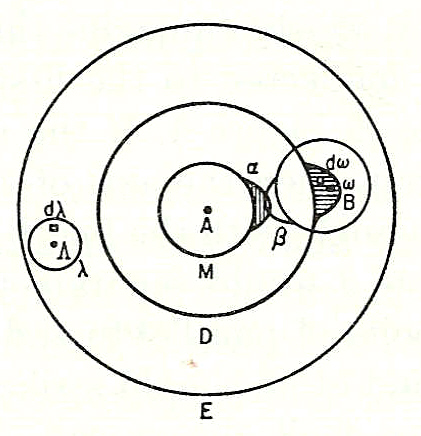Boltzmann, Ludwig, 1844-1906
Enlarge text Shrink text- LCN
Ludwig Eduard Boltzmann (, US: ; German: [ˈluːtvɪk ˈbɔltsman]; 20 February 1844 – 5 September 1906) was an Austrian physicist and philosopher. His greatest achievements were the development of statistical mechanics and the statistical explanation of the second law of thermodynamics. In 1877 he provided the current definition of entropy, S = k B ln Ω {\displaystyle S=k_{\rm {B}}\ln \Omega } , where Ω is the number of microstates whose energy equals the system's energy, interpreted as a measure of the statistical disorder of a system. Max Planck named the constant kB the Boltzmann constant. Statistical mechanics is one of the pillars of modern physics. It describes how macroscopic observations (such as temperature and pressure) are related to microscopic parameters that fluctuate around an average. It connects thermodynamic quantities (such as heat capacity) to microscopic behavior, whereas, in classical thermodynamics, the only available option would be to measure and tabulate such quantities for various materials.
Read more on Wikipedia >
 Personality
Personality









